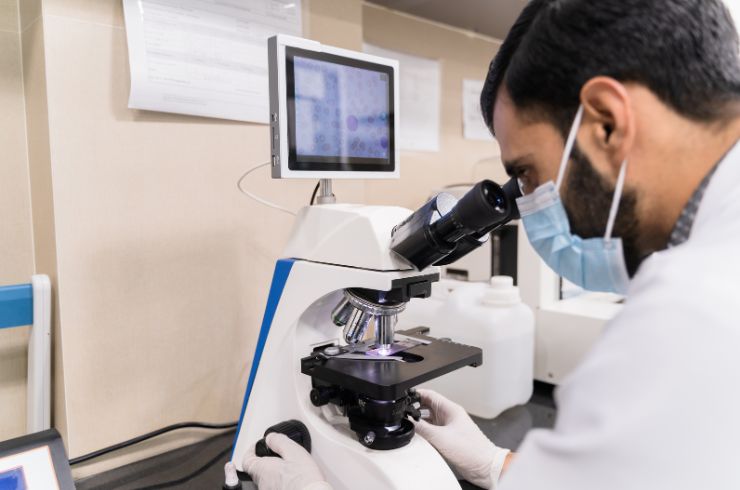- +91-9171082108
- +91-9171083108
- admin@sathamanamclinics.com
- Hyderabad, India

Comprehensive Diagnostic Services at Sathamanam Clinics in Hyderabad
Welcome to Sathamanam Clinics, your trusted multispecialty clinic in Hyderabad, where we provide a wide range of diagnostic services to support accurate and timely medical evaluations. Our goal is to ensure that patients receive comprehensive care through precise diagnostics, enabling effective treatment plans to be implemented for various health conditions.
Understanding Diagnostic Services
Diagnostic services encompass a variety of tests and procedures used to determine the presence, nature, or extent of a medical condition. Accurate diagnostics are critical in guiding treatment decisions and monitoring health progress. At Sathamanam Clinics, our diagnostic services are performed by trained professionals using state-of-the-art technology and methods.
Why Choose Sathamanam Clinics for Your Diagnostic Services?
Advanced Technology: Our clinic is equipped with the latest diagnostic equipment, ensuring accurate and timely results.
Experienced Professionals: Our team consists of experienced radiologists, pathologists, and laboratory technicians dedicated to providing high-quality diagnostic services.
Comprehensive Range of Services: We offer a wide array of diagnostic tests, making it easier for patients to receive all necessary evaluations under one roof.
Patient-Centric Approach: We prioritize patient comfort and satisfaction, providing personalized attention and clear communication throughout the diagnostic process.
Key Diagnostic Services Offered at Sathamanam Clinics
1. Imaging Services
Imaging studies are essential for visualizing internal structures and identifying abnormalities. Our imaging services include:
2. Laboratory Services
We offer a comprehensive range of laboratory tests to support clinical diagnoses, including:
3. Cardiac Diagnostics
Our clinic provides specialized cardiac diagnostic services to evaluate heart health, which includes:
4. Pulmonary Diagnostics
We offer diagnostic services related to lung function and respiratory health, including:
5. Gastrointestinal Diagnostics
Our gastrointestinal diagnostic services help evaluate digestive health, which includes:
6. Hormonal and Metabolic Testing
We provide specialized tests to evaluate hormonal and metabolic functions, including:
How to Access Our Diagnostic Services
Getting started with our diagnostic services is easy. You can request an appointment by calling our clinic or visiting our website to schedule online. Our staff will guide you through the process and answer any questions you may have.
Conclusion
At Sathamanam Clinics in Hyderabad, we are committed to providing reliable and comprehensive diagnostic services that form the foundation for effective medical care. Our experienced team and advanced technology work together to ensure timely and accurate results, enabling healthcare providers to create the best treatment plans for their patients.
Contact Us today to learn more about our diagnostic services and schedule your appointment. Experience the quality and care that defines Sathamanam Clinics!
Empowering your health journey with personalized care, advanced treatments, and compassionate support at Sathamanam Clinics. Your well-being is our priority!
WhatsApp us